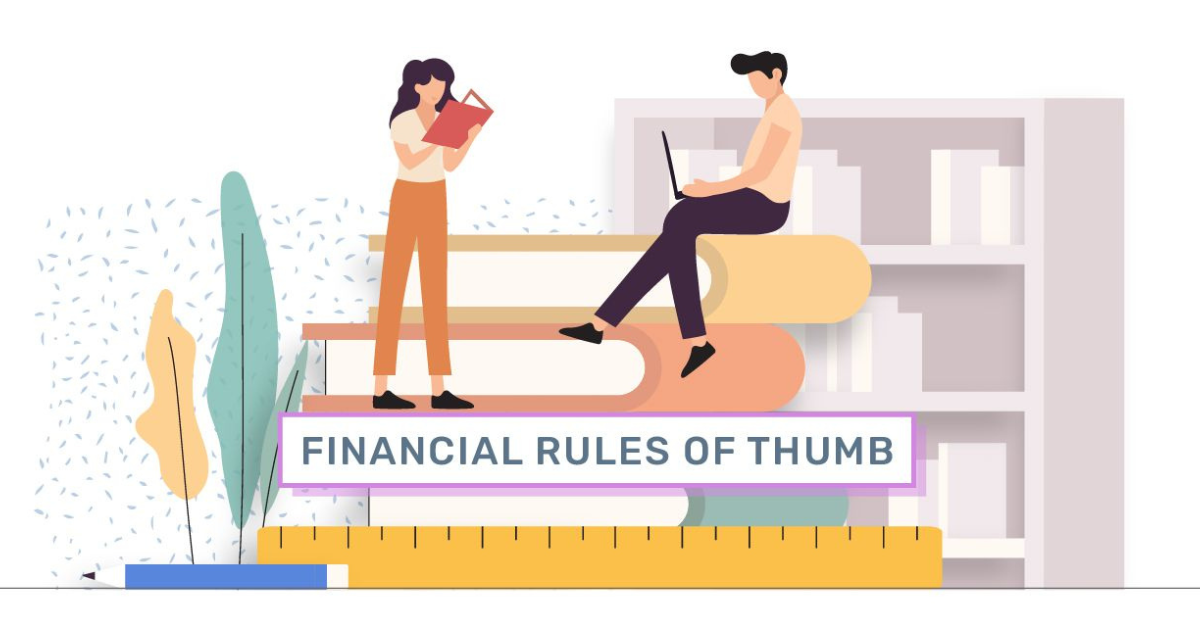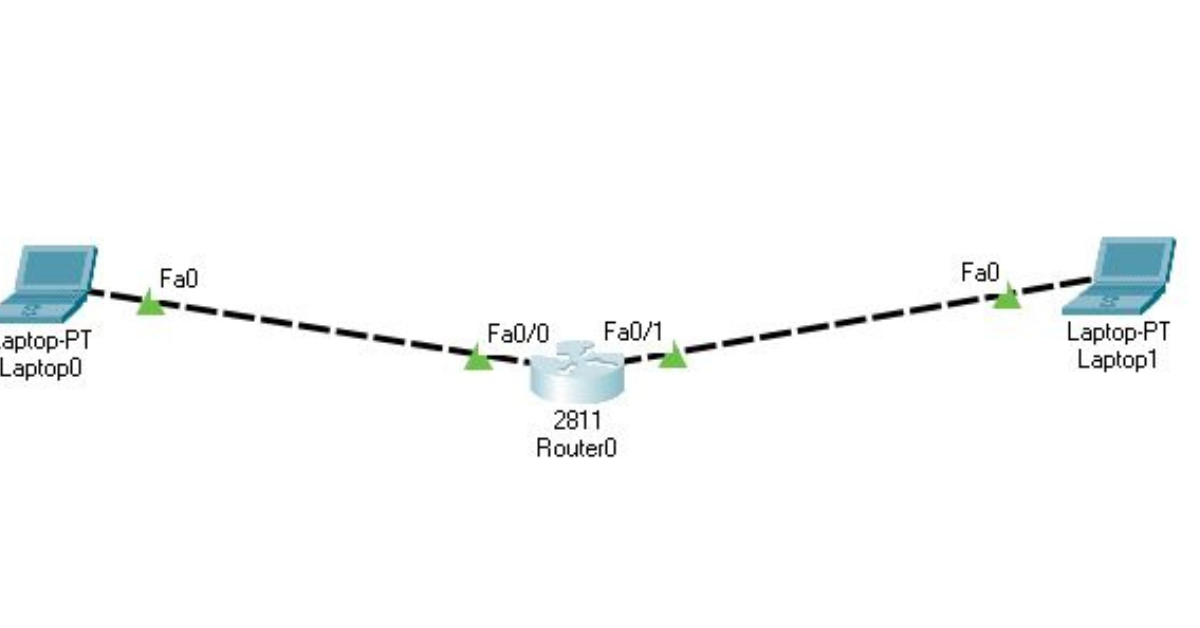Driving without a valid driver’s license is a serious offense that can lead to significant legal consequences. Laws regarding this infraction can vary significantly from one jurisdiction to another, impacting the fines, penalties, and overall legal repercussions one may face. This article aims to provide an overview of the maximum fines associated with driving without a valid driver license, while also discussing factors that can influence these penalties.
Understanding the Offense
A valid driver’s license is a legal requirement for operating a motor vehicle on public roads. If an individual is found driving without a license, it typically signifies either that they have never been issued a license, their license has expired, or it has been suspended or revoked. Law enforcement agencies take this violation seriously, as driving without a valid license poses a potential risk to public safety.
Maximum Fines by State
The maximum fines for driving without a valid driver license can vary widely depending on the state or country in which the offense occurs. Below is a breakdown of some general guidelines found across various jurisdictions in the United States:
- California: In California, driving without a valid license can result in fines ranging from $250 to $1,000. Repeat offenders may face higher fines and additional penalties.
- Texas: In Texas, the fine for driving without a valid license can be as much as $200, but this can increase for repeat offenses. Additionally, other fees and penalties may apply.
- Florida: In Florida, the fines can range from $150 for a first offense to $500 for subsequent offenses, depending on the circumstances.
- New York: New York law imposes fines ranging from $75 to $300 for driving without a valid driver’s license, depending on prior violations.
- Illinois: In Illinois, the fine can be up to $1,000, with the possibility of additional penalties such as community service or probation.
- Virginia: Virginia imposes a maximum fine of $500 for driving without a valid license, but this can escalate based on previous offenses.
These fines represent the maximum potential penalties and may be influenced by various factors such as the driver’s history, the presence of aggravating circumstances, or whether the driver was involved in an accident at the time of the offense.
Additional Penalties
In addition to monetary fines, driving without a valid driver’s license can lead to other significant consequences, which may include:
- Points on Driving Record: Many states impose points on the driver’s record for driving without a valid license, which can affect insurance rates and lead to higher premiums.
- Increased Insurance Costs: Drivers who have been convicted of driving without a license may find it difficult to obtain affordable car insurance, as insurers often view this violation as a risk factor.
- Legal Fees: Aside from fines, individuals may incur legal fees if they choose to contest the citation or if they face additional charges.
- Community Service or Probation: Depending on the severity of the offense and the driver’s history, the court may impose community service requirements or probation.
Factors Influencing Fines
Several factors can influence the amount of the fine imposed for driving without a valid license:
- State Laws: Each state has its own regulations, which determine the maximum fines and penalties for driving without a license.
- Prior Offenses: Repeat offenders may face harsher penalties, including higher fines and longer license suspensions.
- Circumstances of the Offense: If the driver was involved in an accident or exhibited reckless behavior while driving without a license, this may lead to more severe penalties.
- Court Discretion: Judges may have discretion to impose fines based on the specifics of the case and the driver’s background.
- Presence of Other Offenses: If the driver is cited for additional violations at the same time, such as DUI or reckless driving, this can lead to compounded fines and penalties.









Leave a Reply